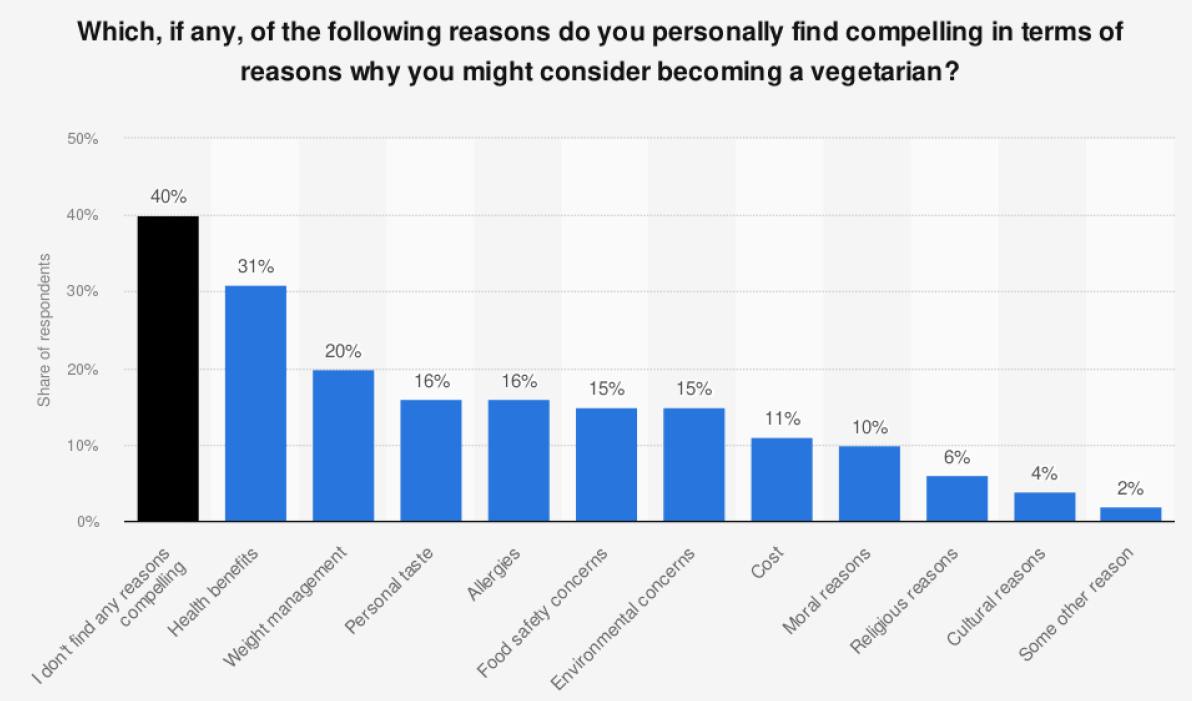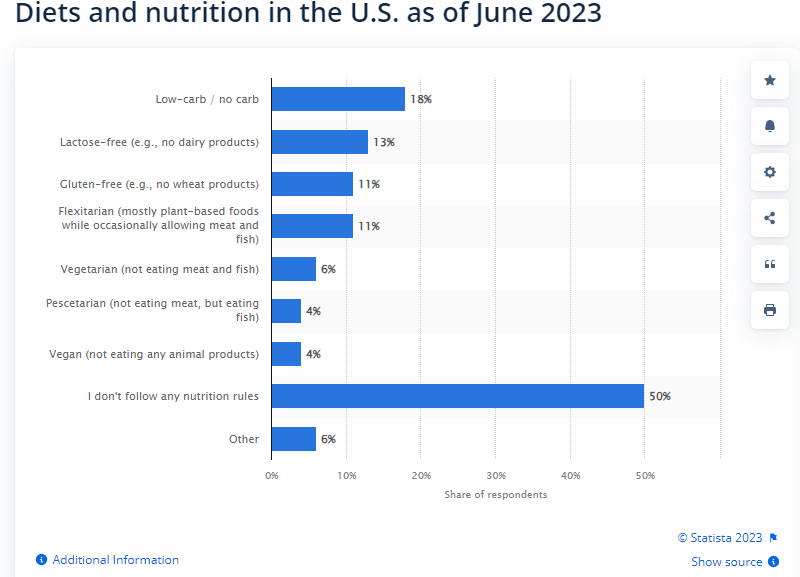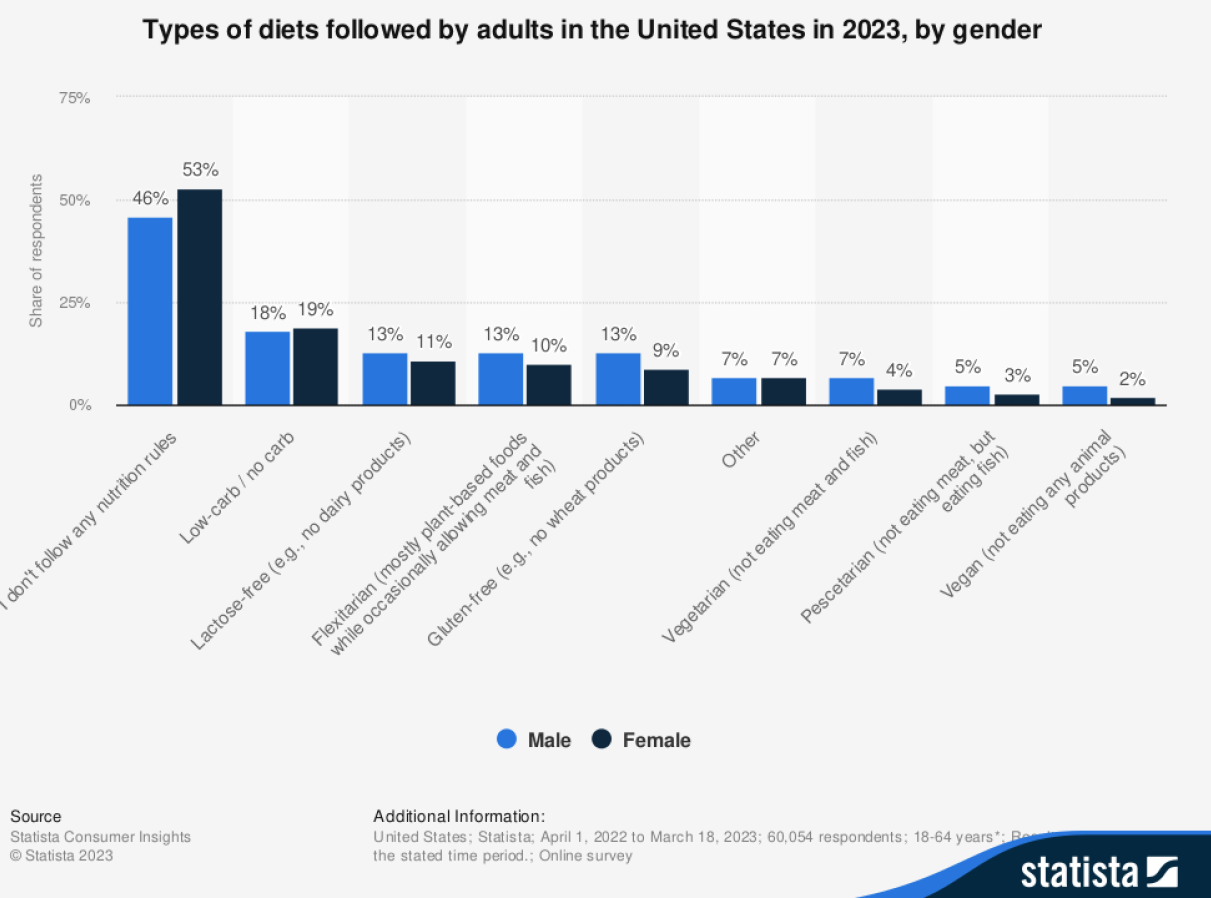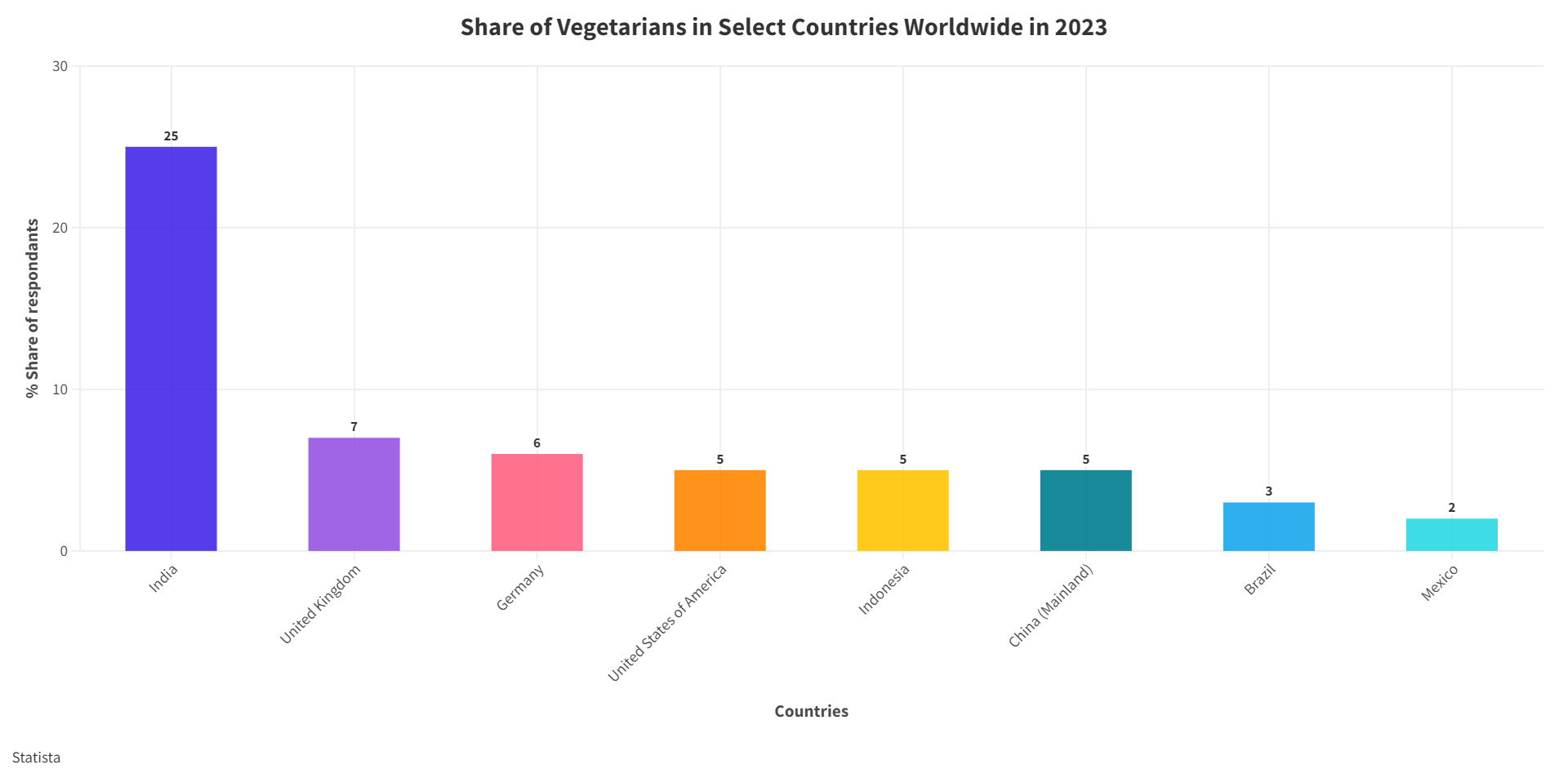Health & Wellness
Sauna and Cold Plunge Routine: Unlock Health, Recovery, and Longevity
5 min read
Before we dive into the details of how the vegan diet is taking over today's world, I'd like to share a personal story. Hopefully, it will provide you with some insight on why I'm a big advocate for veganism or a plant-based diet. It's completely changed my life. I believe it's important to try everything once to see how it impacts your life, which is a rule I follow because it has transformed mine.
It was around 2017-18 when I was following a keto diet and eating lots of chicken to meet my protein goals. However, I wasn't feeling or looking good. I constantly experienced bloating, my skin was terrible, and my blood work showed that my body was really struggling. You can see my picture from those days below and watch my complete transformation video on Awesome Coffee's story page.


At this point, I decided to go vegetarian and kept eggs and dairy in my diet plan. I wanted to see how this diet could impact my overall lifestyle. To truly understand its impact, I changed only one variable, which was my diet, while keeping my training program and mostly everything else the same.
As I started to learn more about veganism, plant-based diets, and lifestyles, I realized this was a global movement. I read about athletes, CEOs, Celebrities, trainers, and nutrition coaches from around the world who advocate for people to try a plant-based diet. So, if you are on the edge and have been thinking about trying, now is the perfect time to commit to yourself, take the plunge, and see how it could possibly change your life, as it did for me and millions of others around the world.
Key Takeaways:
Before we get into the details of vegan, vegetarian, plant-based, or eggetarian diets, it’s important to understand the differences between each of the diets. I am going to provide you with a simple outline below to help you understand the vegan diet, vegetarian diet, plant-based diet, and eggetarian diet (which I’ve been following for the last 5 years).
Folks who like both eggs and dairy (lacto-ovo vegetarians) enjoy all of those but no meat or fish. People choose to be vegetarians for lots of reasons. Some do it for their religion, some to help the environment, some because they care about animals, and others for their health.
Now that you've got a basic understanding of the vegan diet, vegetarian diet, and plant-based diet, let's dive into why people around the world are changing their diets. Have you ever wondered why people choose to stop eating meat and become vegetarians? A survey chart from Statista shows the reasons why people may choose to eat plants rather than meat.


Compelling reasons for a vegetarian diet U.S. 2023, by reason (Source: Statista)
The largest bar on the left indicates that 40% of those polled saw no solid reasons to become vegetarians. However, others have very essential reasons. The second-largest bar indicates that 31% might try it for health reasons, such as feeling better or getting sick less. Then, 20% believe it will help them with weight management. Other considerations include food flavor, allergies, food safety, environmental impact, cost savings, and personal or cultural beliefs.
As you can see, health is at the top of the list, which is why more people are considering changing their diet. Just like me, I truly believe in the saying that health is wealth. So, if you've not been able to achieve your goals, it might be time to reconsider your diet and maybe give a vegan, vegetarian, or plant-based diet a try and see if it can help you achieve your health and wellness goals.
While doing research on the increasing popularity of veganism and plant-based diets in 2024, I came across an interesting chart that provides a breakdown of US citizens' eating habits as of June 2023.


Diets and Nutrition in the US (Source: Statista)
This chart is incredibly useful because it illustrates the diversity of diets that individuals are adopting, such as those who stay away from carbohydrates, dairy, and wheat. Additionally, I can identify individuals who are inclined toward adopting a plant-based diet, vegetarians, pescatarians (those who avoid using meat but still eat fish), and vegans—those who avoid eating any animal products entirely. It is quite enlightening to observe that although half of the individuals don't follow any particular guidelines, the other half are selecting meals in an exceptionally innovative manner. This information is vital to me because it illustrates the way in which individuals are modifying their eating habits and the potential impacts that this may have on future food trends.
I've come across a chart that gives us a glimpse into the diets of adults in 2023 and breaks them down by whether they are men or women, as I put the pieces of my research paper about how people are choosing to eat in the United States together. This chart, right below, is a neat window into US male & female eating habits.


I learned that as of June 2023, about 4% of adults are sticking to a vegan diet, which means they don't eat meat, cheese, or any food that comes from animals. When I dug deeper, I found some more interesting stuff: in a survey, 7% of young people in their twenties said they're eating vegetarian, but only 2% of folks between 50 and 59 years old are doing the same. Plus, most people in the US, like a whopping 72%, think it's not okay to use animals for testing makeup. Another cool fact is that about 1 out of every 12 African Americans chooses to be vegan or vegetarian.
Looking at all this information makes me really think about the choices we make about food and how they can be different based on our age, what we believe, and even our gender. It's super important to understand these choices because they tell us a lot about where we're headed with the foods we'll eat in the future.
Did you know being a vegetarian, someone who eats only plants, is more common in some countries than others? This chart shows exactly that - how many people in different countries are vegetarians in 2023. For example, there are way more vegetarians in India than in places like Germany or the USA. Let's take a closer look at this chart to see how popular vegetarianism is around the world and why that might be.


Vegetarians diet followers world wide in 2023, (Source: Statista)
As I said earlier, I'm a big advocate of vegan, vegetarian, and plant-based diets, and as I was doing my research, here are some cool facts that I found that could be interesting for you:
As I finish my research into the rising popularity of vegan and plant-based diets, I've realized how transformative these diets can be. Starting my journey by switching to a plant-based diet (I’m an eggetarian) dramatically improved my own health and well-being. It's not just me—millions around the world are embracing these diets for their incredible health benefits and their positive impact on the environment. Each of us has unique reasons for our dietary choices, whether it's for health, ethical reasons, or environmental concerns. Seeing cities like New York, Los Angeles, and San Francisco leading the way in vegan options gives me hope and excitement for the future. If you're on the fence about changing your diet, maybe it’s time to dive in and see the changes for yourself. Remember, every small choice can lead to big changes, and together, we can make a difference for our health and our planet. You’re one decision away from changing your life.
Vegan and plant-based diets are associated with lower risks of heart disease, hypertension, type 2 diabetes, and certain types of cancer. They also promote better weight management and improved digestion due to higher dietary fiber intake.
Yes, a well-planned vegan diet can provide all the necessary proteins. Sources include legumes, nuts, seeds, tofu, and plant-based protein powders, all of which offer complete protein profiles necessary for the body.
While some specialty vegan products can be pricey, basic vegan staples like beans, rice, pasta, and seasonal vegetables are typically affordable and accessible. Planning meals around these staples can keep costs down.
Vitamin B12 is a common concern; however, it can be easily supplemented or consumed through fortified foods like plant-based milks, cereals, and nutritional yeast.
Start by incorporating more plant-based meals into your diet gradually. Replace meat with plant proteins like lentils or tofu, and explore different recipes that use whole and fresh ingredients. It's also beneficial to connect with community groups or online forums for support and ideas.
Yes, plant-based diets typically require less energy, land, and water to produce compared to diets high in animal-based foods. Additionally, they contribute to less greenhouse gas emissions, helping to combat climate change.

Monitor your caffeine intake for peak energy and wellness.

Track your daily sugar intake and stay within healthy limits.

Analyze your meals and ensure balanced nutrition for a healthier lifestyle.

Evaluate your sleep needs to optimize rest and overall well-being.

Discover your daily water needs to stay hydrated and energized.

Assess your hydration levels and keep your body refreshed all day.

Find your target heart rate for effective workouts and fitness progress.

Track calories burned during activities and monitor your fitness goals.

Quickly check your Body Mass Index and health category for better wellness.